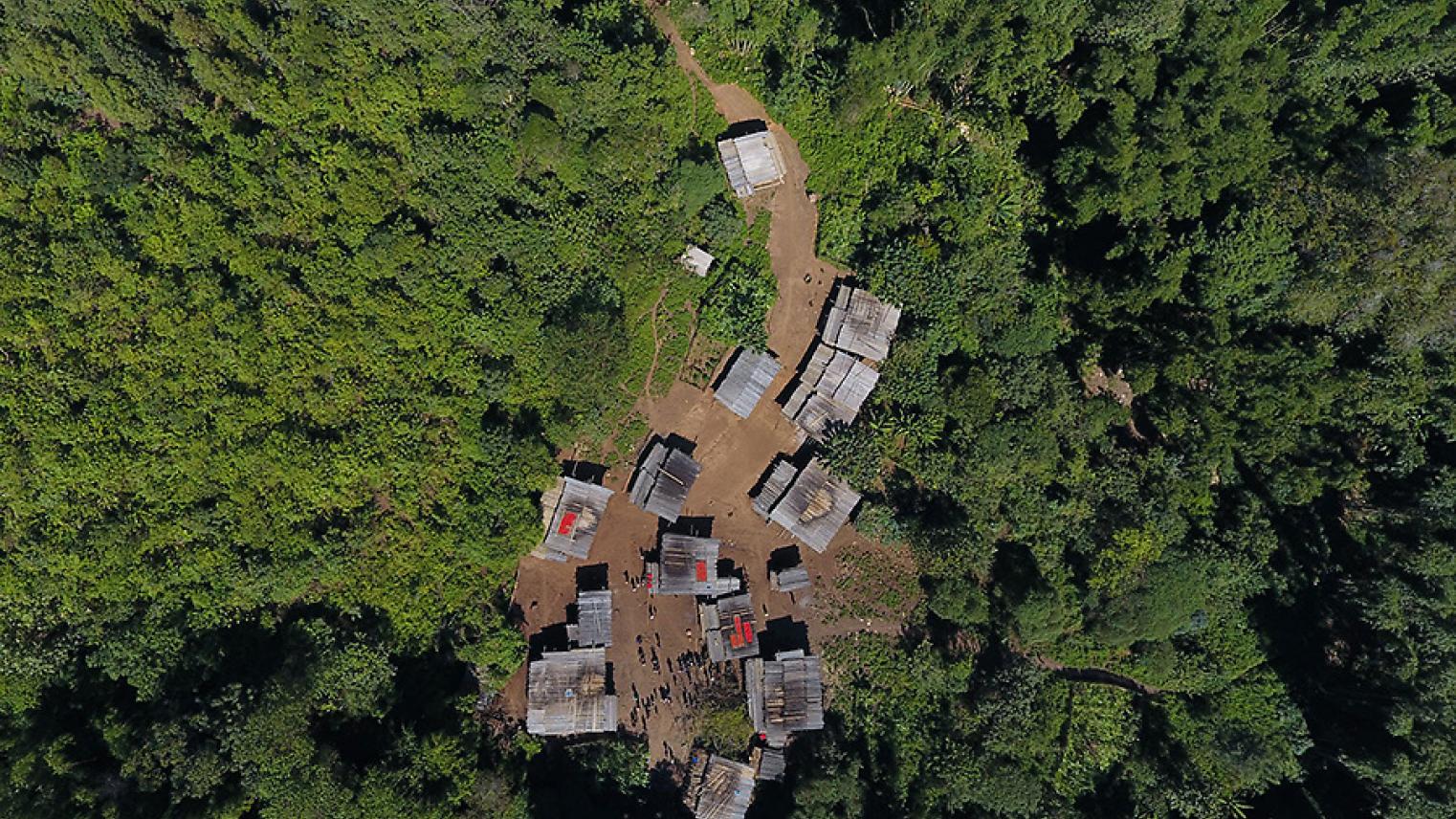In States, Insurgents, and Wartime Political Orders (2012), Paul Staniland draws attention to the myriad forms of political accommodation that are observed in civil war. Akin to the development of states, it is argued that political agreements in civil war are commonplace and in turn produce political orders. By revisiting one of the author’s concept-forming case studies – ceasefires in Myanmar – and drawing upon supporting evidence from other settings, I investigate the relationship between meso-level political agreements and micro-level forms of contestation and competition.
Wartime arrangements such as ceasefires seldom represent static agreements that are made at face-value. Removing violence as a variable of strategic interaction sets in motion processes of social and political spatial transformations across conflict zones, that are endogenous to these same agreements. Returning to theories of the state: micro-level empirical evidence runs contrary to the claim accommodations, bargains and agreements that are found in the statebuilding literature transport directly to wartime contexts. Instead, fine-resolution analysis suggests an alternative causal arrow, a Tillian ontology of civil war (and statebuilding) as a competitive and contested process.
About the speaker
Tony Neil is a Visiting Fellow at the Department of Political and Social Change and co-hosts the Myanmar Dialogue Series at the Myanmar Research Centre at the Australian National University. He is also a PhD candidate in the Department for International Development at the London School of Economics. He lived in Myanmar from 2010-2020.
